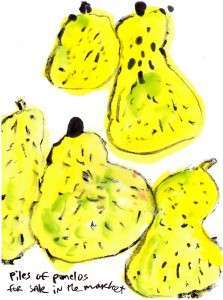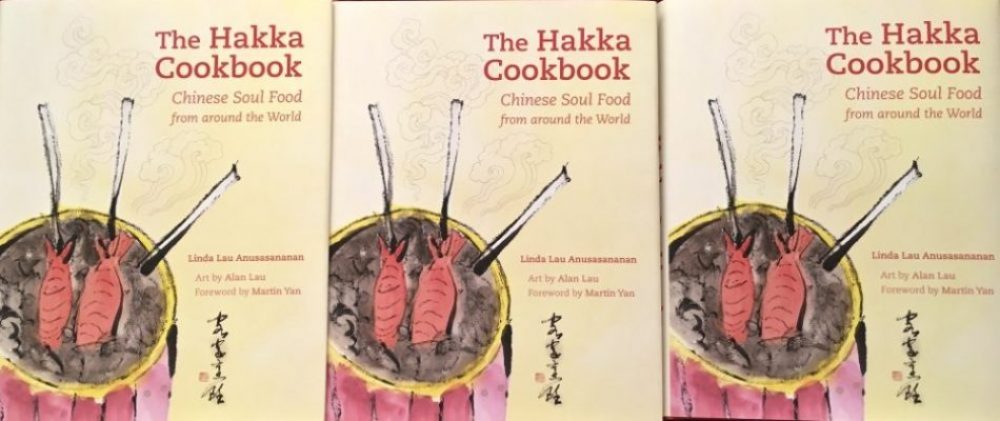I first started thinking about The Hakka Cookbook in 2004. I had contributed to many Sunset cookbooks but had never written one on my own. Although Sunset Magazine had sponsored my first trip to China which resulted in a story “From China’s Kitchen’s to Ours,” writing for the magazine of Western Living, limited some of my authentic ethnic pursuits. I wanted to write outside of the Sunset boundaries.
I knew Hakka cooking was not exactly mainstream. Even many Chinese knew little about the cuisine. The subject of my cookbook, Hakka recipes, had good and bad arguments. It was a totally unique subject (a good thing) but lacked mainstream appeal (a bad attribute for publishers who want to sell a lot of books). Although I had experience writing recipes, I was not a celebrity. I learned a big name—in the sense people recognize you— scores high with publishers (a long name like mine doesn’t count). That means it’s easier to sell a lot of books. A well-known chef, a food network star, even an actor has a better chance selling a cookbook proposal than a professional recipe and food writer.
The first step was writing a book proposal. I needed to include the focus of the book, sample recipes and text, art samples, explain who would buy the book, and why I was qualified to write the book. I heard authors had better chances of selling a proposal with a book agent. I gathered recommendations from my author friends and sent my proposal to about half a dozen agents. Finally after six months, I received an offer from a New York agent who agreed to represent my book.
After about a year, she was still unable to sell my book. I felt she had exhausted her contacts (at least ones that would pay well enough for her to earn a decent commission) and decided to sell the book myself. After a few inquiries to smaller publishing houses, I received two offers. The advances were minor, but they were willing to publish the manuscript. I signed with the publisher that agreed to follow my concept of the book and include my brother’s art. Within a few months after I signed the contract, the economy sank. Publishing was changing. Fewer books were being printed. E-books and self-publishing were gaining a foothold. In 2009, after I had submitted my first half of the manuscript, I started to get nervous. They postponed the publishing date. My contacts on the staff were leaving. People throughout the country were losing their jobs. Finally I heard back from the publisher. Due to the downturn in the economy, they felt they could no longer afford to publish the book. They canceled my contract.
I was back where I started. I decided to go back to potential publishers who I felt were a good fit but could not publish me when I asked years ago. Luckily, University of California Press accepted my proposal in 2010. This is my first experience with a university press so I’m not sure if the process is the same for all. You need patience working with a university press. At almost every step, my proposal and manuscript were sent out to scholars and professionals to review. Based on their recommendations, they would decide whether to publish or not. The reviews were helpful, especially with my research. Scholars contributed good references and facts. Best of all, they recommended that my book be published. I might not make any money at all unless I sell a lot of books, but at least my years of research and recipe testing would be published. With the publisher’s slim budget, my brother’s art would no longer be in glorious color, but a least it would appear. I felt the book had finally found a good home.
